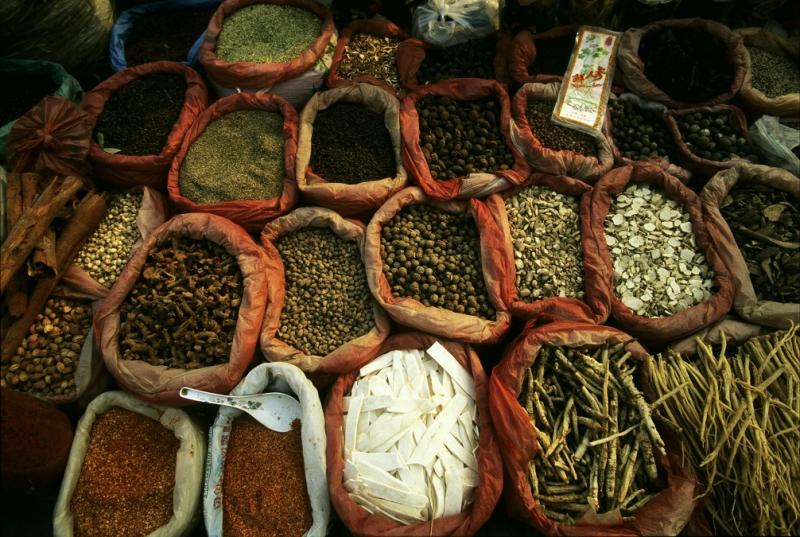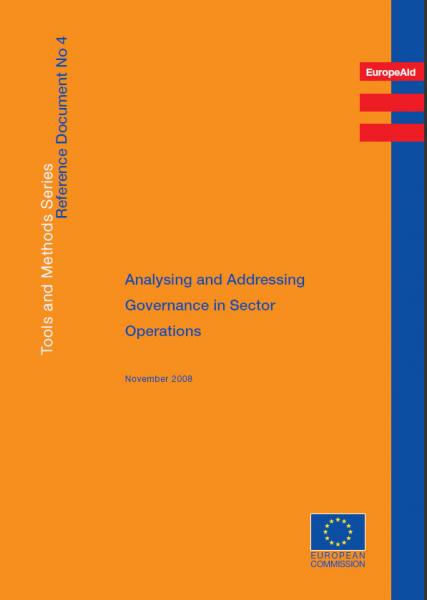
The European Union delegation’s support for the Philippines’ Bureau of Customs has become a triple shot.
While an original goal for the programme was to facilitate trade in the Asian archipelago nation, EU staffers are finding other benefits emerging for it as well, notably in the spheres of Governance and Revenue Collection.
For Benedikt Madl, Programme Manager for Trade at the EU delegation to the Philippines (pictured below), the programme is now aiming to support crucial anti-graft measures while boosting state funds, meaning it’s like killing “three birds with one shot.”
To learn more about the EU’s work with the Customs Bureau and the relationship between trade facilitation reforms and a sustainable impact on governance improvements, please see below.
Q1. Why is it important to look at governance issues for Trade Facilitation in Philippines?
Because they are very much linked. When we speak about trade facilitation, we speak about how goods move across borders, looking from a business perspective of speed and costs. But this process is handled by Customs authorities. And it is precisely the institutional set up of Customs, its internal procedures and processes, including IT, as well as its culture, all part of governance – which will determine how successful you are on the trade facilitation side. While apparent "quick fixes" in trade facilitation like automation and sophisticated software play a role, they will only have a lasting impact if wider governance questions in which they are embedded are addressed as well.

Speaking very practically, it can also be an additional argument for some reforms. In the Philippines, the new government under President Begnino Aquino brought a strong anti-corruption agenda into office and sees integrity in government as one of its key priorities. Reforms in customs are never easy, so making the argument from both sides – lower corruption, facilitate trade and thereby making the Philippines a more attractive business location is very useful. In fact, there is a third important dimension which is revenue collection, a vital question for every government - and especially in developing countries like the Philippines where a large portion of it comes through customs duties. In short, it’s like three birds with one shot.
Q2. How is this being done as part of the EC programme to support Trade Facilitation?
What we try to do in our support for trade facilitation is to address both the "hard" issues like IT based rationalisation and reform as well as the "soft" issues such as change management and human resource management. These two aspects need to go together given that infrastructure and regulatory based reforms will only be fully successful if management and staff is accompanied in the reform process and acceptance among those concerned is created.
In fact while the first one and a half years the implementation of the software-supported Risk Management System for the Bureau of Customs took our primary attention, we are currently focusing more strongly on issues of the Integrity Plan of the Bureau and the Personnel Competency Assessments aligning responsibilities with abilities. This is a highly important but difficult task given the currently still strongly politicised recruitment process in the Bureau of Customs.
Given that the Philippines recently joined the Revised Kyoto Protocol the biggest priority for the Bureau of Customs over the next two years will be to implement the various commitments taken. Our recently adopted work plan on trade facilitation for the next year reflects this priority setting.
Q3. You have tried to look at how the governance assessment tool could be applied in this context. How did you go about it?
This was an interesting exercise. The tool suggests a four step approach: First, identifying key features of the context; second, analysing the actors; third, analysing the governance relations, and fourth drawing conclusion on reform readiness. In a way a lot of this is common sense, but this structured approach channelled discussions and analysis and led to some new insights, such as on the role of industry and the legislative and how they can be "used" in the reform process. It was also a chance to enter into a more intense dialogue with colleagues working on governance issues in the delegation and thereby breaking the thinking in the box attitude we too often have. A presentation of these findings in the context of a regional seminar with colleagues working on similar issues helped to gather further valuable feedback.
A presentation prepared by Mr Madl can be viewed below.
Trade Facilitation and Sector Governance in the Philippines
View more presentations from Capacity4Dev.
Q4. Was this useful and what do you think are the key limitations or opportunities for governance and political economy analysis?
It was definitely useful. It was an opportunity to look at governance and trade facilitation linkages in a structured way and to gain a better view of actors and their interdependence. But it is also clear that the intervention logic of a project has to be selective and needs to be aligned with the reform agenda within the organisation.
Another challenge is the three birds I mentioned above. For the government, with a serious lack of revenue and a need to show improvements in corruption levels, the aspect of trade facilitation is often considered a light weight. However from the point of view of Trade Related Assistance, I think the focus on trade facilitation should remain the main priority even if synergies with revenue collection and governance aspects need to be exploited.
Having said this, it is also clear that with the newly elected administration under President Aquino prioritising the fight against corruption with the Bureau of Customs as a prime target, the momentum for trade facilitation reforms with a sustainable impact on governance improvements is there.



Log in with your EU Login account to post or comment on the platform.